What happened in the world of sustainability in November?
November 2021 will undoubtedly be remembered for COP26 (hopefully for all the right reasons). Like every month, we’re bringing you the top sustainable news stories of the month!
A summary of COP26
At the beginning of the month, world leaders gathered in Glasgow to reach a new global climate agreement. The COP26 agreement laid out the following agenda to be carried out over the next decade:
Countries will gather again next year to pledge further cuts to carbon dioxide emissions to keep temperature rises within 1.5C.
Countries will ‘phase down’ rather than ‘phase out’ coal. World leaders will also phase out subsidies that artificially lower the price of coal, oil or natural gas.
More money will be given to developing countries to switch to clean energy and help manage climate change. However, there was heavy criticism that poorer countries were not given enough support.
The world’s two biggest Co2 emitters, the US and China agreed to switch to clean energy and reduce methane emissions. As China has previously been reluctant to tackle domestic coal emissions, this was seen as progress.
Over 100 world leaders promised to stop deforestation and cut 30% of methane emissions by 2030.
However, this agreement is not legally binding. For most countries, their goals will be self-policed. The Climate Change Committee (CCC) has recently revealed that the UK is “nowhere near” meeting emissions targets agreed at COP26. The CCC says the UK needs tougher policies.
Find out how the results of COP26 will impact UK businesses.
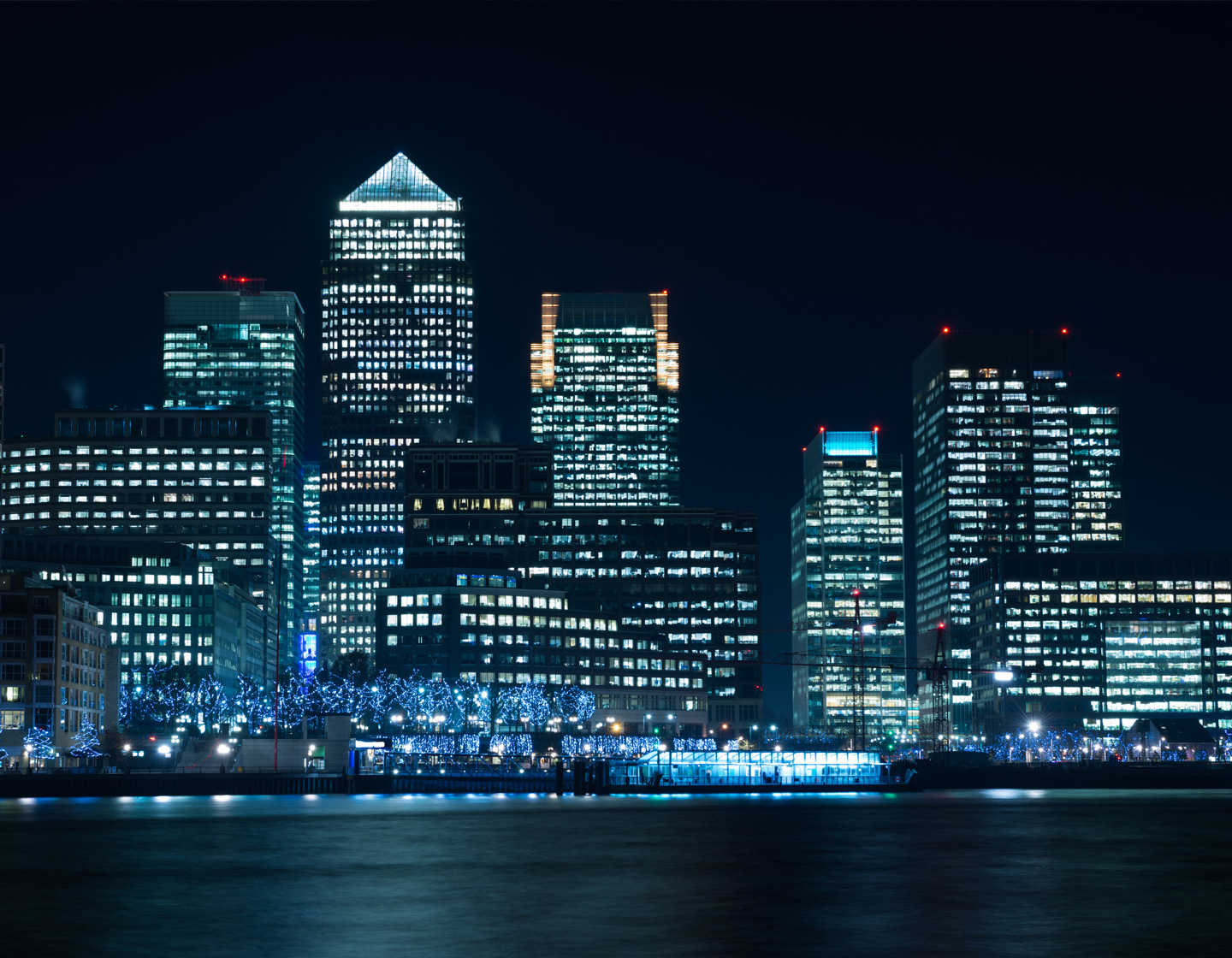
Supermarket fridge doors could save 1% of UK electricity use
If the top five British supermarkets (Tesco, Asda, Sainsbury’s, Morrisons and Aldi) all put doors on their fridges, this small act could help the UK cut its total electricity usage by 1%. It would also:
- Save power for 50K homes
- Save 2,000 tonnes of carbon a year
- Cut electricity bills by 33%
Aldi is the first supermarket working towards this. 100 of their new stores will have doors on fridges, saving 20 tonnes of carbon per year and reducing energy consumption by 20%, whilst Asda will trial doors in 2022.
In comparison, Tesco, Sainsbury’s, Waitrose and M&S will be using ‘air wall’ technology that works by forcing cold air towards the back of open fridges to save energy.
Doors will keep food fresher for longer meaning less waste. Not only does this benefit the supermarket, but it also benefits the consumer as the food they buy will be fresher.
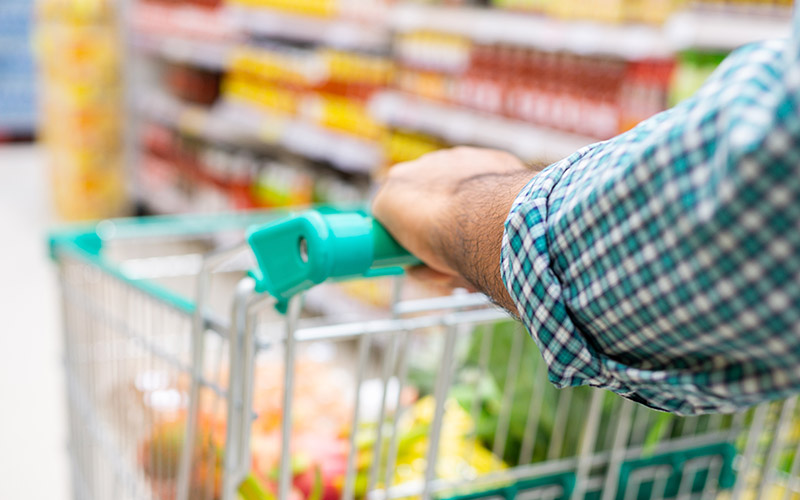
Amazon rainforest has the highest level of deforestation levels in 15 years
A report by Inpe, Brazil’s space research agency found that deforestation in the Amazon rainforest increased by 22% in just one year. It reported that 5110 square miles were lost from 2020 to 2021.
60% of the Amazon lies in Brazil. Deforestation has accelerated under Brazil’s president, Jair Bolsonaro who has encouraged agriculture and mining actives in the rainforest. In fact, the BBC reported that up to 94% of deforestation and habitat destruction in Brazil could be illegal. This is extremely worrying as the Amazon is home to roughly three million species of plants and animals and one million indigenous people.
An investigation by Greenpeace last year also found links between mass deforestation and food sold in British supermarkets and restaurants. It found that Tesco, Asda, Lidl, Nando’s and McDonald’s were selling meat that had been fed on soy grown farms built in deforested areas (although it was sourced from a UK supplier).
Although Bolsonaro didn’t attend COP26, his delegates pledged Brazil to a major agreement to end and reverse deforestation. It included almost £14billion of public and private funds to restore damaged land, tackle wildfires and support indigenous communities. With alarming numbers such as these, Brazil will have a tough job of meeting its pledge.
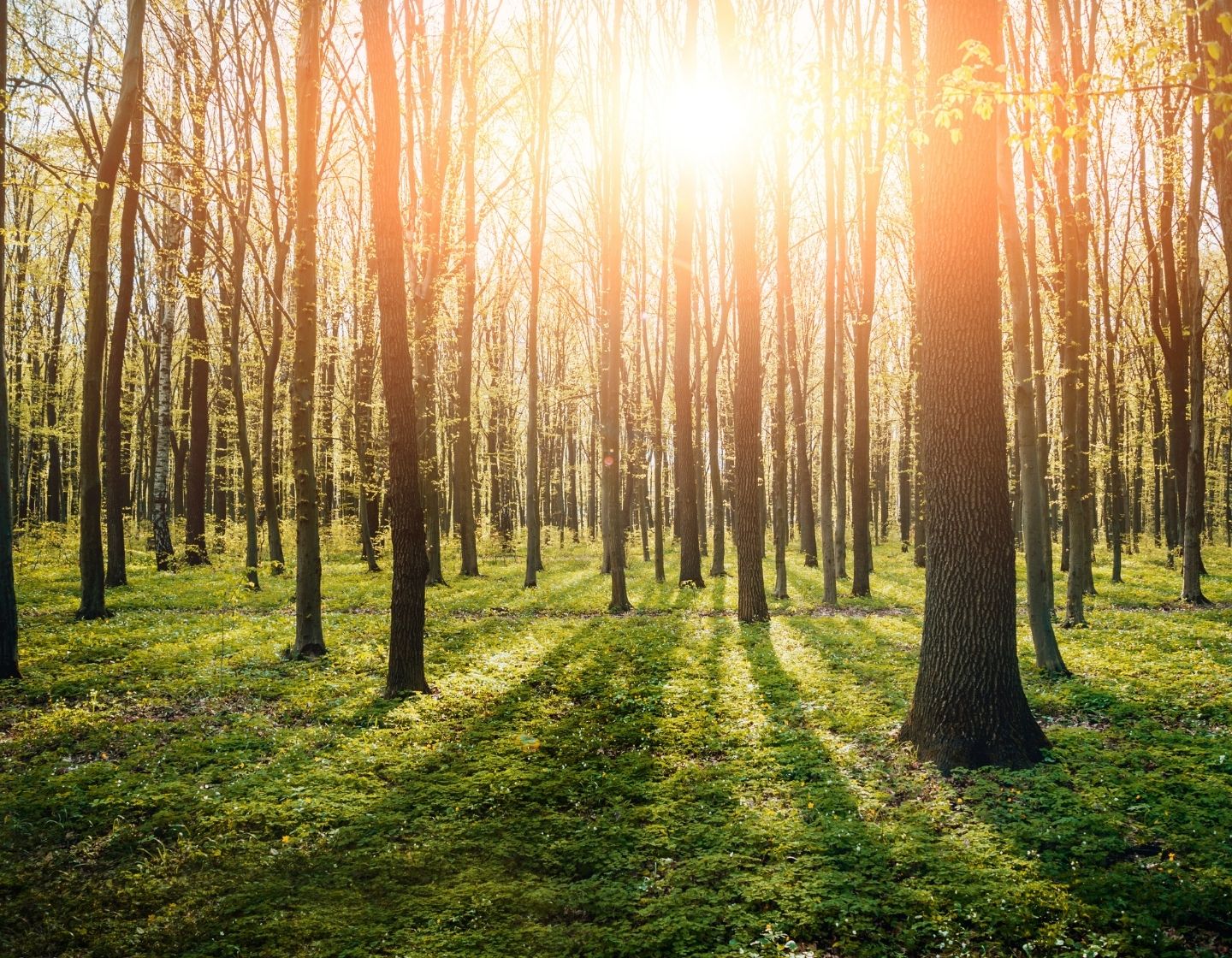
“We’ll plant 1 tree for every pet picture” trend on Instagram
PlantATreeCo started a trend on Instagram using the sticker feature. It promised that for every user that posted a picture of their pet, they would plant a tree. However, they quickly realised that it would grow out of control and they didn’t have the resources so they deleted the post after 10 minutes.
Although they deleted the post, the sticker was still active which meant people could still participate, unaware of who started it. Overall, 4 million users participated.
The organisation can’t plant four million trees straight away, but it will use the publicity generated from the post to find financial backing to follow through on its promise. It asked users to share their post, tag their friends and celebrities in the comments and continue to raise awareness.
It may not have worked just yet, but Instagram got to see millions of pet pictures!
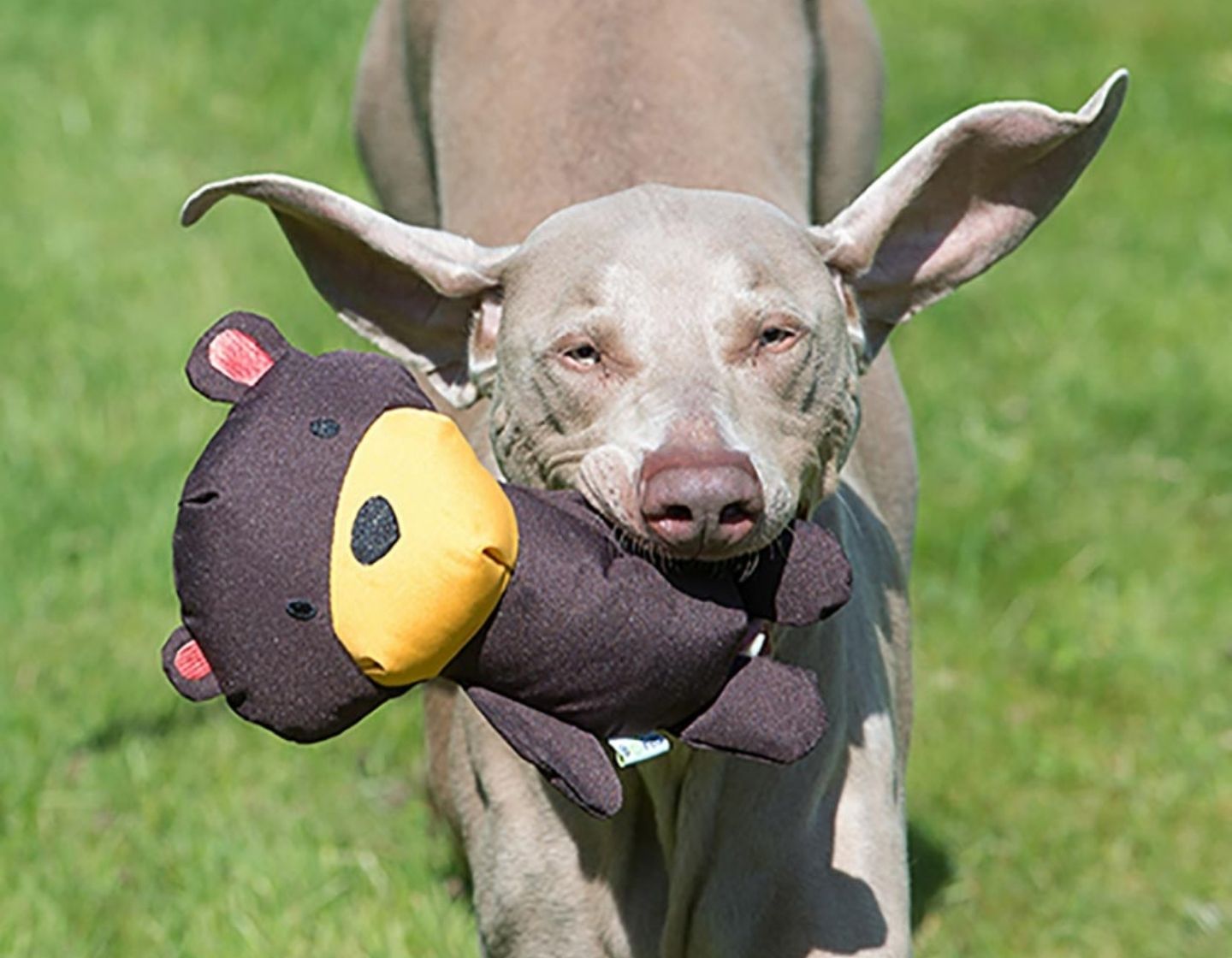
Food Standards Agency calls for new environmental labelling rules
The Food Standards Agency told the ITV that they have concerns over how products are being labelled in supermarkets. A OnePoll survey revealed that 70% of shoppers want more environmental information but most manufacturers don’t know or don’t show the carbon footprint on products. Moreover, consumers don’t truly understand what environmental labels mean.
Find out what a carbon footprint is here.
There are further concerns that producers are even mislabelling their products to boost their eco-credentials. But with no regulations for logos and labels, it’s difficult to manage this.
Worried about greenwashing? Make sure to have a quick Google before making a purchase. Once you know what you’re looking for, you’ll be a pro at making eco-friendly choices.
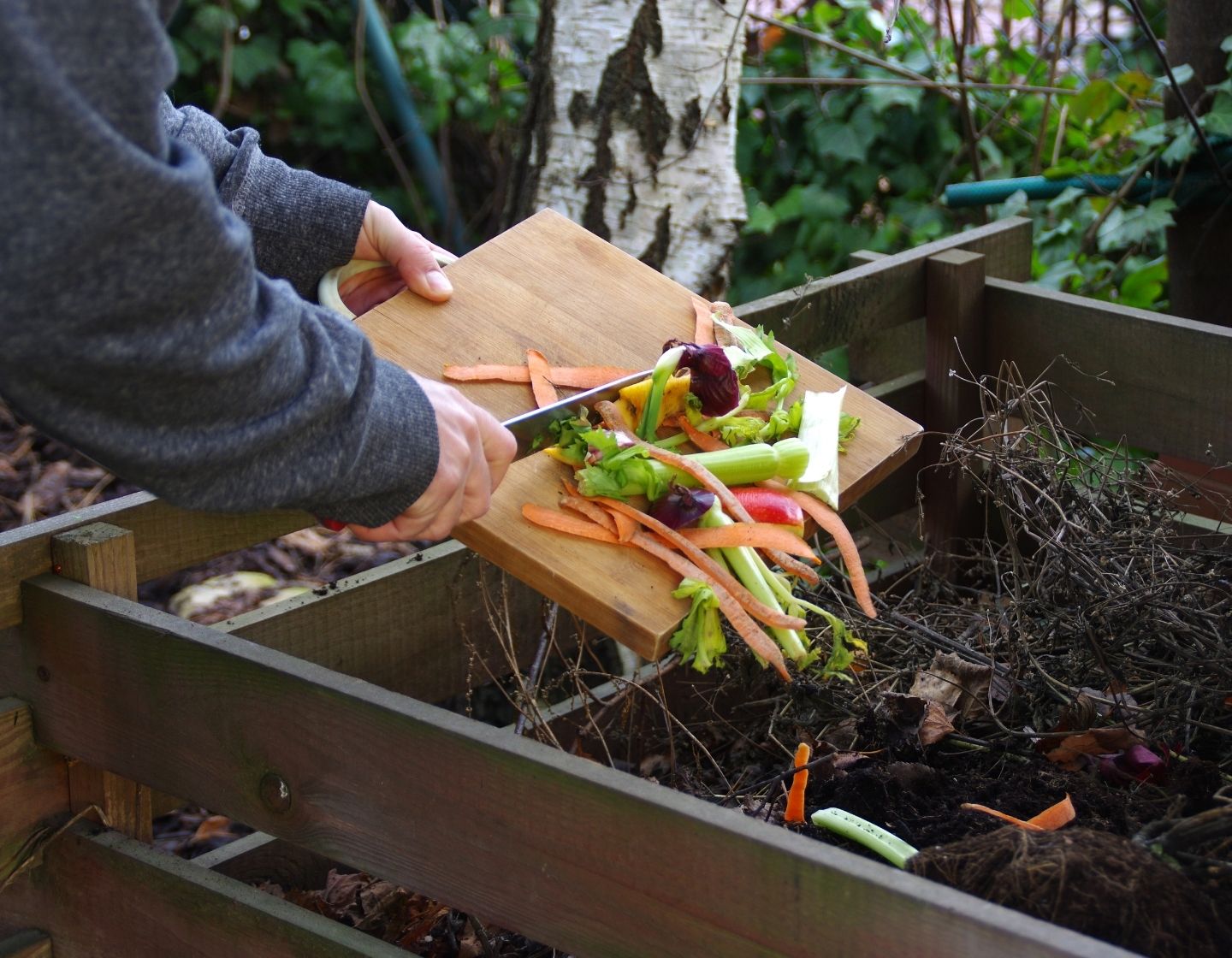
Go sustainable this Christmas
Has COP26 got you thinking about your Christmas shopping habits? Check out our eco-friendly Christmas gifting guide! No need to compromise, you can still make this festive season one to remember without harming the planet.

